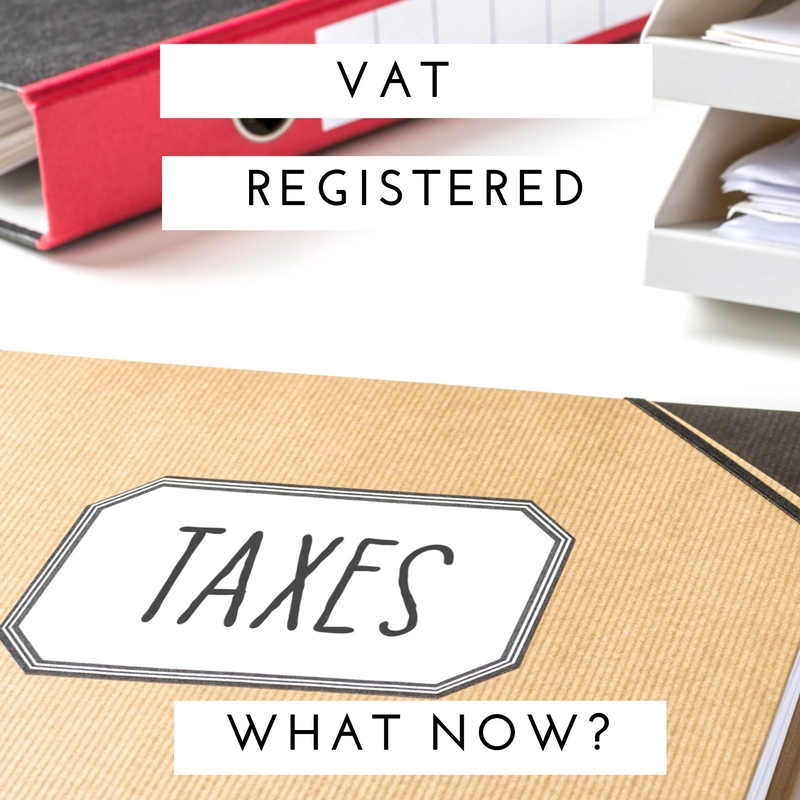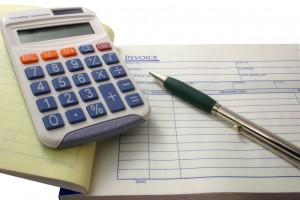For clients who submit ‘self-employed’ or ‘partnership’ tax returns, HMRC will be bringing in ‘Basis Period Reforms’ affecting those whose accounting period does not end on the 31st of March or April the 5th.
The changes will mean that everyone who is registered as self-employed or as a partnership will effectively have to change their year-end to the 31st of March (or the 5th of April) in order to align with HMRC’s tax year.
The period in which this will need to be done starts from the 2023/24 tax year and is likely to lead to higher tax burdens during this period, for those who need to extend their accounts in order to fit this new basis period.

To help reduce this additional burden, ‘overlap profits’ -which would have been created when these businesses started submitting their first tax returns- can be relieved against the extended accounts. Added to this, there will also be the option of paying the additional tax on any additional/’transitional’ profit to HMRC over 5 years.
For those affected by this change, we will be providing additional advice over the next year on this issue and also trying to track down/calculate your ‘overlap profit’ figures if you started out with a different accountant to ourselves.
All data and information provided in this advert is for informational purposes only and is not intended to substitute for obtaining accounting, tax, or financial advice from a professional accountant. Emma Stevens Accountancy Ltd makes no representations as to accuracy, completeness, correctness, suitability, or validity of any information in this ad and will not be liable for any errors, omissions, or delays in this information or any losses, injuries, or damages arising from its display or use. All information is provided on an as-is basis.








